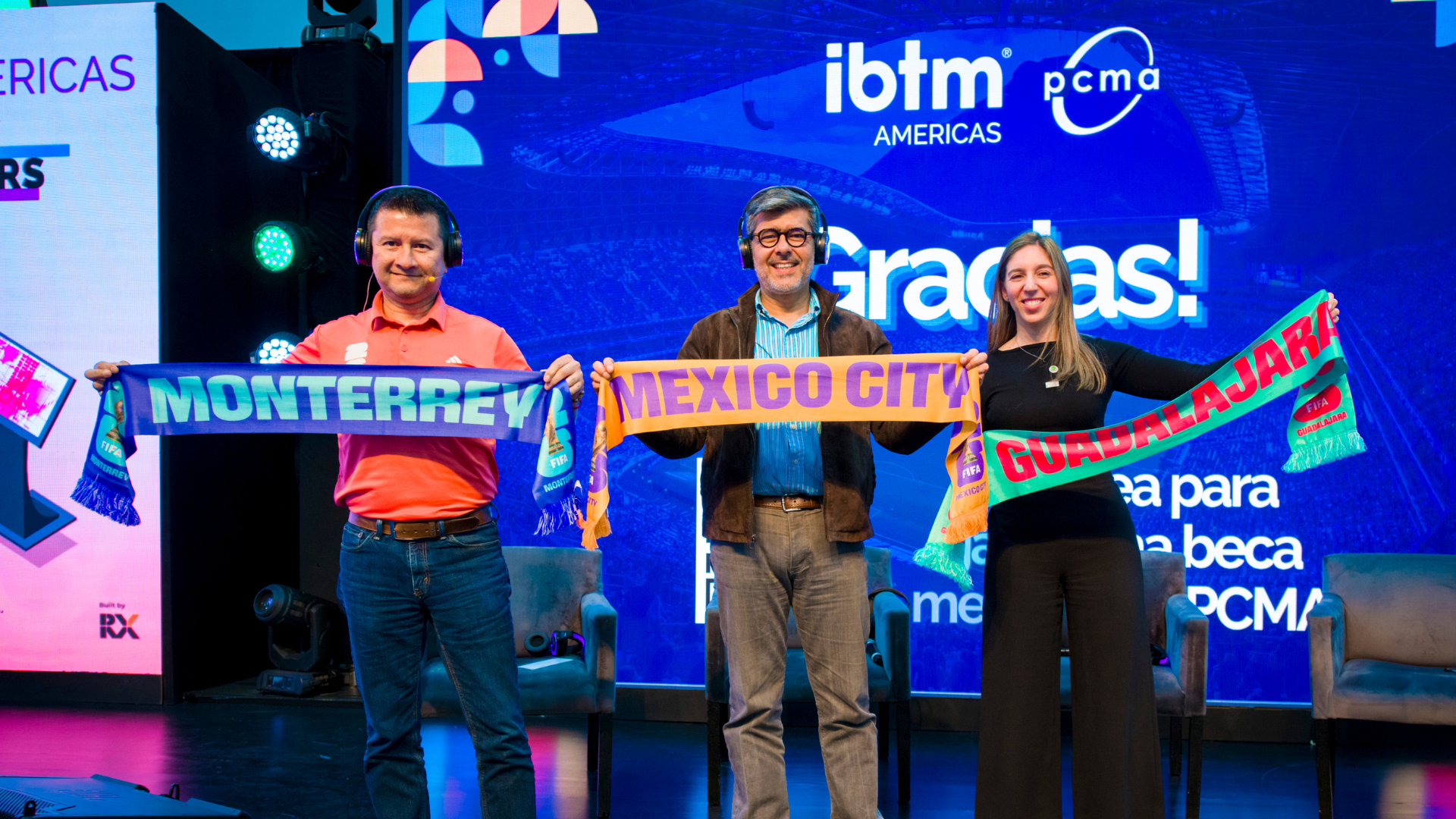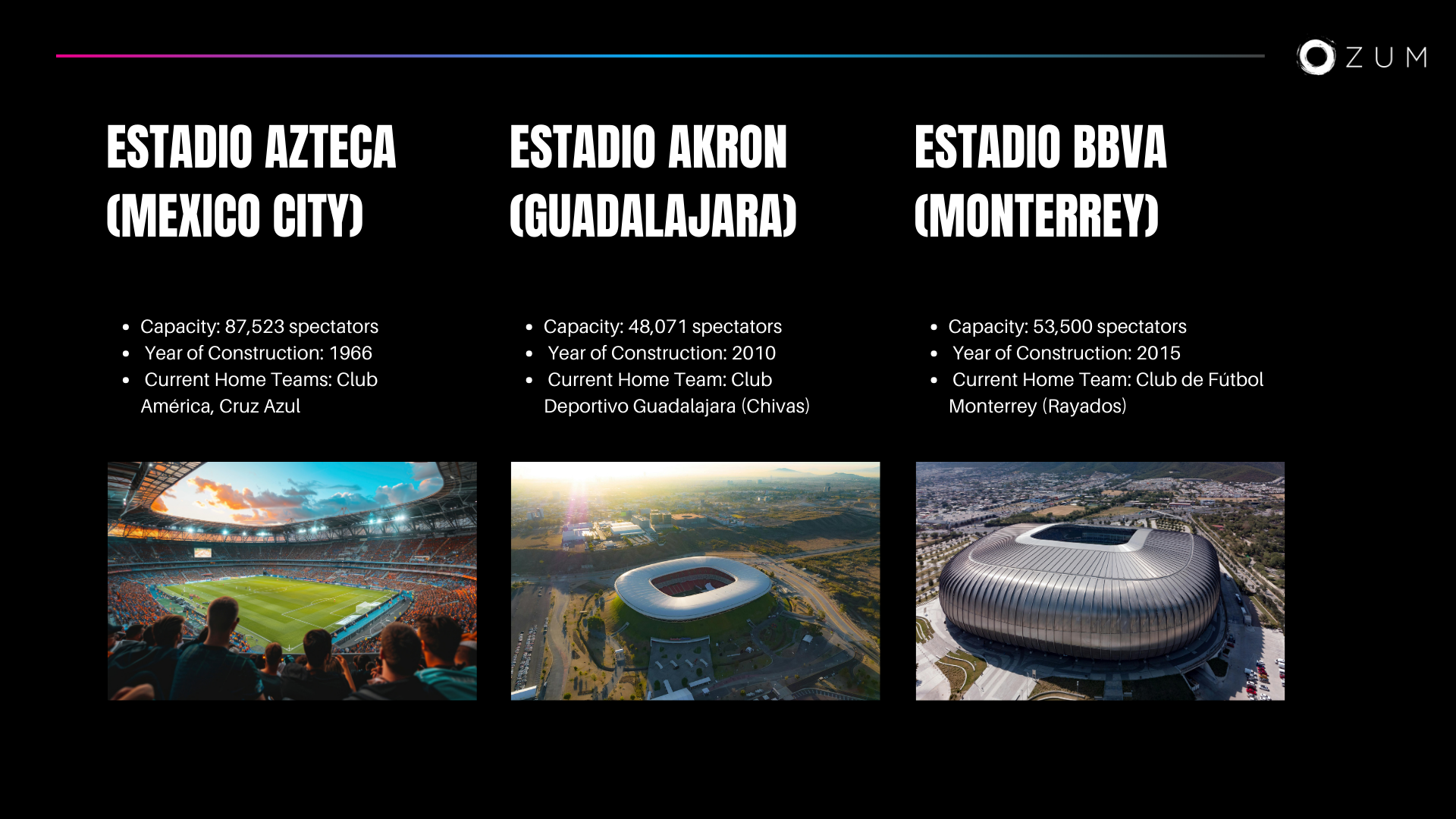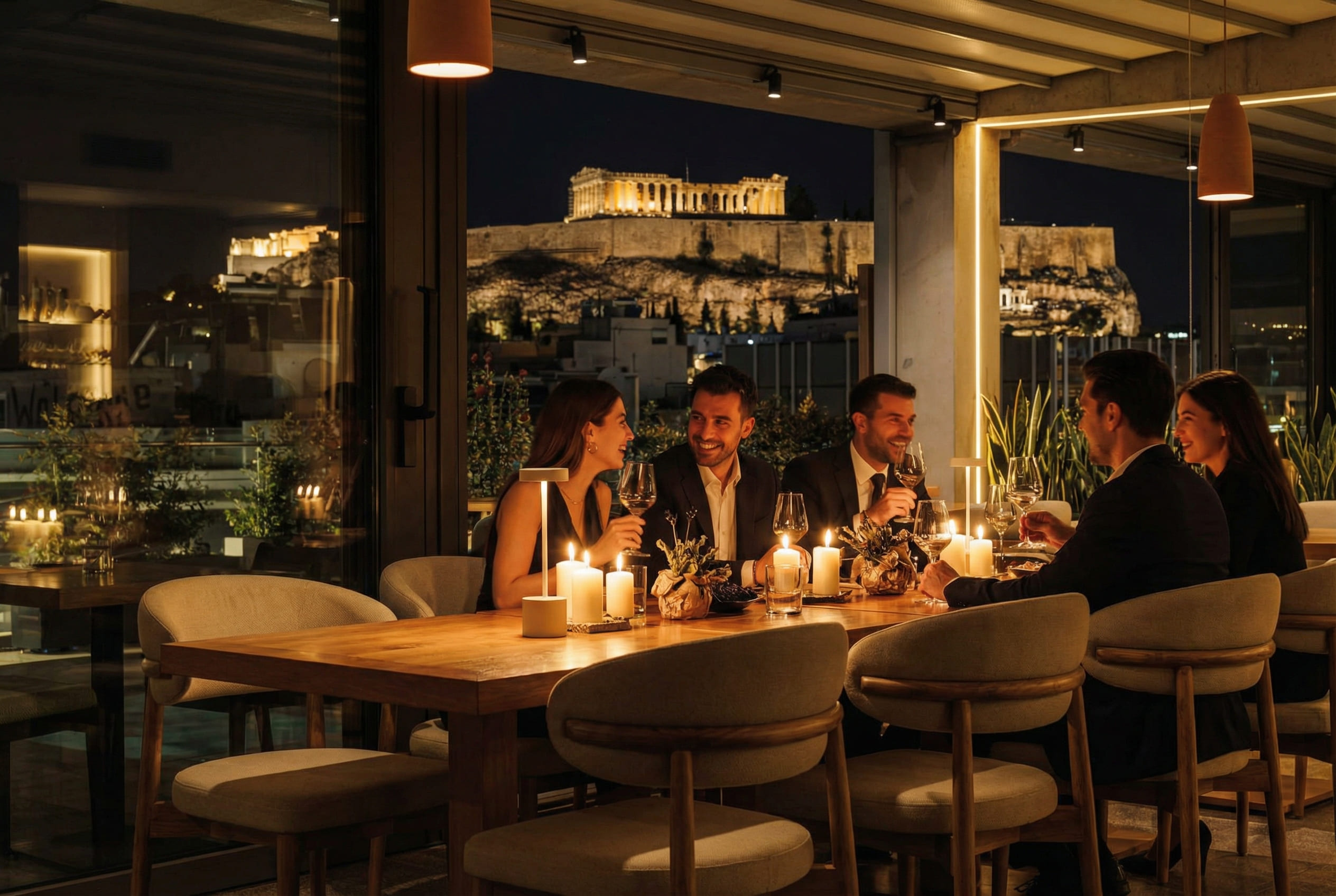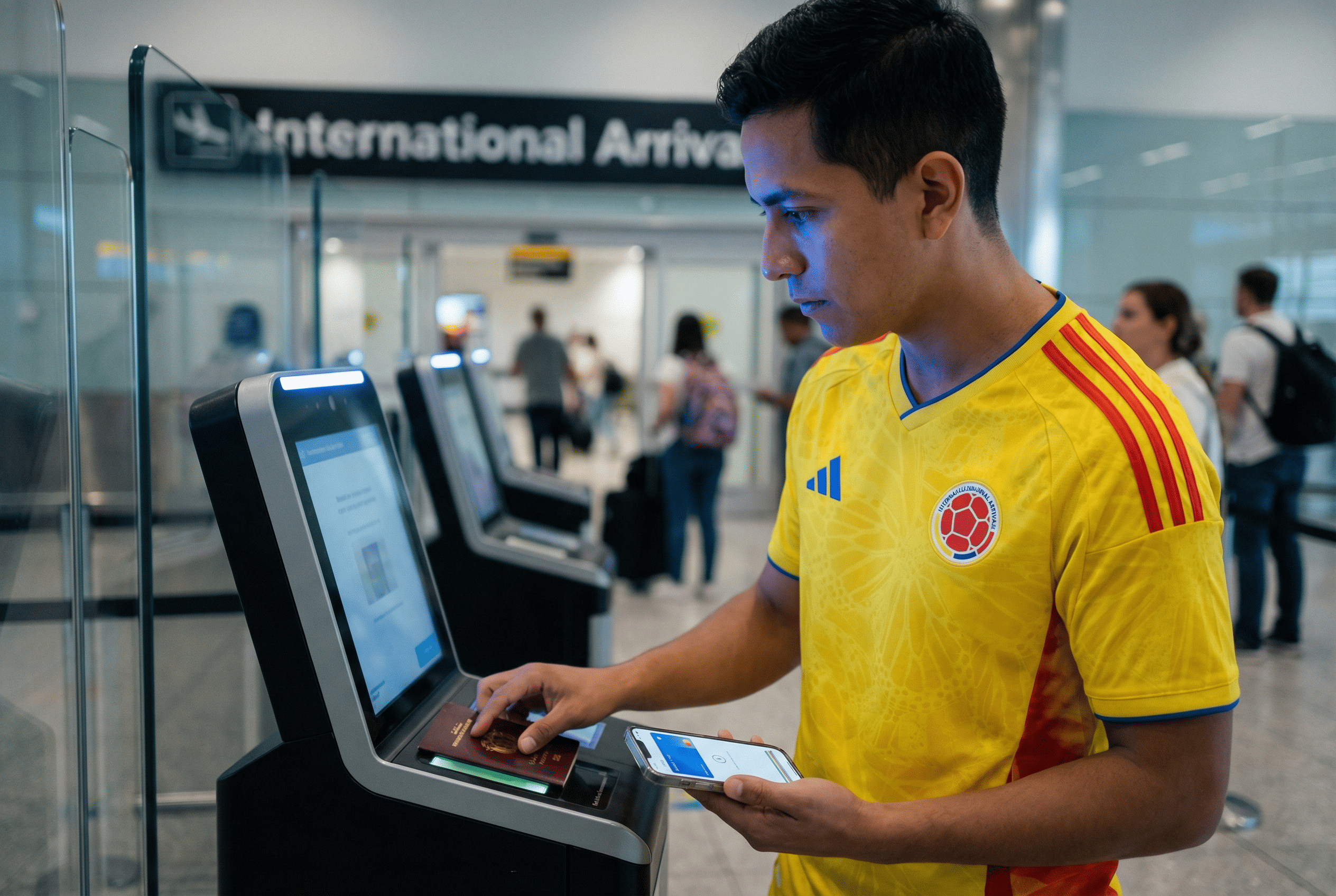
In 2026, Mexico will make history by becoming the first nation to host three men’s FIFA World Cups, following the legendary tournaments of 1970 and 1986. Sharing the global stage with the United States and Canada, Mexico’s role is far more than symbolic—it represents a powerful blend of football tradition, economic opportunity, and cultural pride. From the roar of fans at the iconic Estadio Azteca to the modern flair of Guadalajara and Monterrey, Mexico is preparing to welcome the world with passion and purpose.
Stadiums & Cities for FIFA World Cup 2026
Mexico will host matches in three stadiums, each a football landmark in its own right:
- Estadio Azteca (Mexico City): The only stadium in the world to have already hosted two World Cup finals (1970 and 1986). It will once again take center stage by hosting the opening match of the 2026 World Cup. Recent renovations aim to improve seating, accessibility, and fan experience while preserving its legendary status.
- Estadio Akron (Guadalajara): A modern venue with cutting-edge design, home to Club Deportivo Guadalajara (Chivas). Planned upgrades include expanded seating capacity and improved transport connections.
- Estadio BBVA (Monterrey): Known as “El Gigante de Acero,” this stadium combines sleek architecture with scenic mountain backdrops. Its facilities are already among the most advanced in Latin America.
Mexico will host 13 matches in total, giving local fans and international visitors a chance to witness world-class football across three vibrant cities.

Economic Impact for Mexico
The World Cup is expected to deliver a significant boost to Mexico’s economy, particularly through tourism, hospitality, and infrastructure development. Hotels, restaurants, and local businesses anticipate record demand. Upgrades to public transport systems, airports, and urban services are being accelerated in preparation. Beyond the event, these improvements are expected to provide lasting benefits for residents.
Cultural Significance
Football has long been at the heart of Mexico’s national identity, and the World Cup offers a chance to showcase Mexican culture to a global audience. From mariachi music and traditional cuisine to colorful festivals, visitors will experience more than just the thrill of the matches. Hosting the tournament also positions Mexico as a cultural ambassador, reinforcing its reputation as a welcoming and dynamic country with deep sporting roots.

Challenges for Mexico in Hosting the FIFA World Cup 2026
While the excitement is undeniable, Mexico’s preparations are not without challenges. Renovation timelines at Estadio Azteca have raised concerns about readiness. Local debates about funding, traffic congestion, and environmental sustainability are also part of the conversation. Balancing global expectations with community needs remains a central challenge for organizers. However, these discussions also highlight the importance of ensuring that the tournament leaves a positive and lasting legacy for Mexicans.
Conclusion
Mexico’s role in hosting the FIFA World Cup 2026 is a milestone in both football history and national pride. By combining its legendary stadiums, rich culture, and growing infrastructure, Mexico is poised to shine on the world stage once again. While challenges exist, the event offers an unparalleled opportunity to strengthen the country’s global image, boost its economy, and celebrate its deep love for the game.
FAQ
1. How many World Cups has Mexico hosted before 2026?
Mexico hosted the FIFA World Cup in 1970 and 1986. With 2026, it becomes the first country to host three tournaments.
2. Which stadium will host the opening match?
The opening match of the FIFA World Cup 2026 will be held at Estadio Azteca in Mexico City.
3. How many matches will Mexico host in 2026?
Mexico is set to host 13 matches across its three stadiums.
4. What benefits will Mexico gain from the World Cup?
Mexico expects significant boosts in tourism, infrastructure, job creation, and international visibility, with lasting improvements to transport and urban facilities.
5. What challenges is Mexico facing in preparation?
The main challenges include stadium renovations, urban congestion, funding concerns, and sustainability issues, but plans are underway to address them.




.png)

